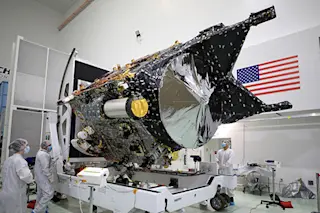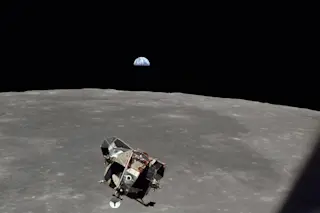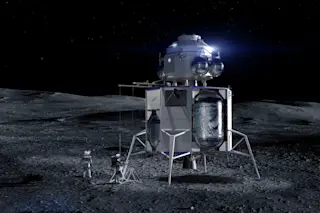On Sunday, the Iranian state television network showed impressive footage of a slender white rocket blasting off from a launch pad, leaving behind billows of smoke. Iranian officials say that the rocket, named Safir, or "ambassador," successfully reached orbit, demonstrating the technological known-how to send up satellites.
The rocket released equipment that beamed flight data back to ground control, said Reza Taghipoor, the head of Iran's Space Agency, in a live television interview [AP].
Yet shortly after Iranian officials boasted of their fledgling space program, unnamed sources from the U.S. Defense Department began disputing those claims of a successful launch.
"The Iranians did not successfully launch the rocket," a senior U.S. defense official told CNN Monday. The two-stage rocket could have been capable of launching a satellite into space, but the U.S. intelligence assessment shows that the second stage "was erratic and out of control," said the official, who declined ...













